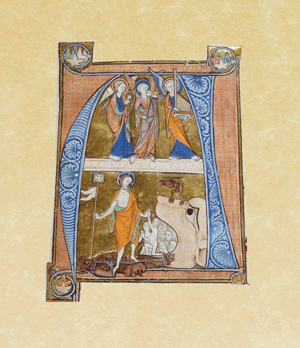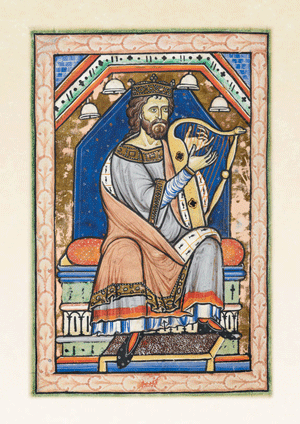A faith community’s board at its best might be thought of as a chorus of blessed balladeers.” That’s what Robert Bacher and I wrote in our book, Church Administration.
 A ballad is a poem set to music that retells the history, hopes, dreams, and deepest yearnings of a people. And that’s what a good board does. “Each board member is a balladeer in his or her own right,” we wrote, “and the voices of all members blend together in a powerful chorus that sounds forth the songs to which the entire community dances on its missionary journey.”
A ballad is a poem set to music that retells the history, hopes, dreams, and deepest yearnings of a people. And that’s what a good board does. “Each board member is a balladeer in his or her own right,” we wrote, “and the voices of all members blend together in a powerful chorus that sounds forth the songs to which the entire community dances on its missionary journey.”
Over nearly 14 years at Gettysburg Seminary, I have been blessed with a cadre of balladeers who are the chief stewards of our school’s mission. To be sure, I’m grateful for one of my best board members, who frequently reminds us all that the seminary is a business and must tend to the bottom line. But along with exercising good governance and tending to the business of the seminary, the trustees of both our governing board and our foundation board recognize their role as balladeers.
Our board members play the music of seminary governance in various keys, using a variety of instruments. Some — particularly those who are bishops, pastors of seminarians’ home parishes, or members of the judicatory candidacy committees — maintain one-to-one relationships with a handful of students. Others tell students that they are praying for them — a tiny gesture on the part of the trustee, but one with enormous impact on the students who are being prayed for.
In addition, our full board schedules its agenda around participation in chapel worship, and the dean of the chapel regularly invites a clergy board member to preach, signaling to students, faculty, and staff that the board’s business includes spiritual and pastoral dimensions.
 One of the board’s four committees, Enrollment Services and Student Life, tries to play an active role in the spiritual life of Gettysburg students. The committee regularly schedules time to meet with leaders of the Student Association, inquiring about the holistic student experience, including how well the institution attends to spiritual formation. It receives reports from the dean’s office and from student leaders about their “covenant groups” — peer communities where students pray for and encourage one another.
One of the board’s four committees, Enrollment Services and Student Life, tries to play an active role in the spiritual life of Gettysburg students. The committee regularly schedules time to meet with leaders of the Student Association, inquiring about the holistic student experience, including how well the institution attends to spiritual formation. It receives reports from the dean’s office and from student leaders about their “covenant groups” — peer communities where students pray for and encourage one another.
While the faculty, administration, and students themselves take on much of the responsibility for the student body’s spiritual welfare, board members can reinforce an institutional climate that is realistic about spirituality. There are no formulaic easy answers when it comes to fostering and fortifying a pastor’s or deacon’s heart.
To those who expect a seminary to be a combination of Sunday school and summer camp, trustees must say “no” — gently but firmly. A seminary is an accredited graduate school preparing faith-hardy leaders who can survive and thrive amidst the daunting challenges of 21st-century cultural and religious life. At the same time, trustees can remind those who tilt too far in the opposite direction that a seminary is a community of the Spirit — a seedbed where body, heart, mind, and soul are cultivated.
As a seminary president, I’m grateful to all the blessed balladeers whose voices join the chorus. Together, we’re on a missionary journey, and I for one am grateful for the company. I know that our students are too.